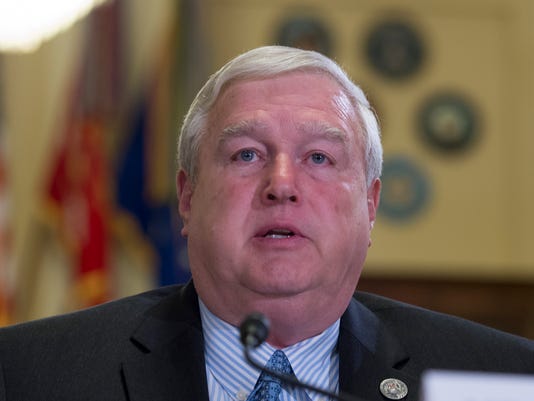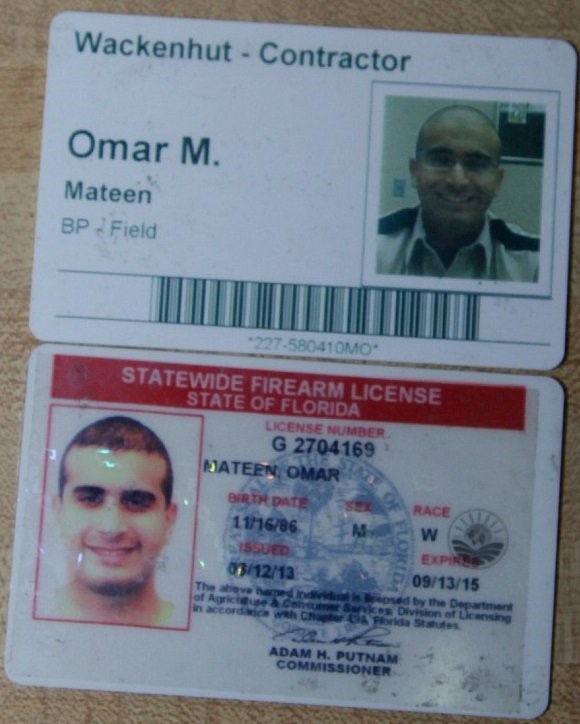1M Immigrants From Muslim Countries Admitted During Obama’s Presidency
The Obama Administration is on track to issue 1 million green cards to immigrants from countries where Muslims are in the majority, according to an analysis of Department of Homeland Security data released Friday.
According to the DHS Yearbook of Immigration Statistics, green cards were issued to 832,014 people from Muslim-majority countries in the first six fiscal years of the Obama administration, from fiscal years 2009-2014, the Senate Subcommittee on Immigration and the National Interest report shows.
In addition, the numbers of green cards increased dramatically in the last two fiscal years of the report, for 2013 and 2014. The records show that 117,423 green cards were issued in fiscal year 2013, compared to 148,810 in fiscal year 2014, for an increase of nearly 27 percent.
The reports show that in the first six fiscal years President Barack has held office, the United States issued green cards to an average of 138,669 migrants from Muslim-majority countries every year, and if the trends continue, the United States will have issued green cards to at least 1.1 million migrants from such countries by the time Obama leaves office in January. Read more here from NewsMax.
The vetting for migrants and refugees is performed by the UN High Commission for Refugees. The UNHCR operates in panic mode, simply rubber-stamping approval due to volume. So, let’s make a movie.
Stars ask you to stand #WithRefugees
More than 60 stars of film, TV and music have joined refugees, faith leaders and UNHCR to back a petition highlighting the plight of forcibly displaced people.
GENEVA, June 16 (UNHCR) – More than 60 stars from the worlds of film, TV and music joined refugees, faith leaders and UN Refugee Agency staff today to urge you to stand #WithRefugees and sign a petition on behalf of the world’s forcibly displaced.
The petition aims to gather public support for the growing number of families forced to flee conflict and persecution worldwide, who currently face heightened anti-refugee rhetoric coupled with greater restrictions to asylum.
It calls on governments to ensure every refugee child gets an education; that every refugee family has somewhere safe to live, and can work or learn skills to make a positive contribution to their community.
Despite the fact that the FBI and CIA director have said that Syrian refugees cannot be screened properly, Barack Obama has put the program to resettle Syrian refugees in the country on the fast track.
The AP reported that so far only about 1,000 Syrian families have been brought to the US but that was because the process took 18 to 24 months. The US now has a speeded up “surge operation” in place.
“The 10,000 (figure) is a floor and not a ceiling, and it is possible to increase the number,” Kassem told reporters. High-risk groups are given priority to include unaccompanied minor, victims of torture and gender-based violence. The UNHCR insists that the US resettle 65,000 Syrian refugees.
In part from FNC: The danger posed by people coming from terrorism-infested regions has been a hotly contested issue, as is the potentially outsized impact on the small American communities often called upon to receive them. What does not appear in doubt is the hefty price tag, which is projected to total some $644 million over those refugees’ first five years in the United States.
Unlike other classes of immigrants, refugees are immediately eligible for a full range of welfare benefits.
The figure comes from an analysis performed by the Center for Immigration Studies, which looked at processing and administrative costs of the federal agencies, money for assistance provided to refugees directly or through federally funded nonprofit organizations and consumption of government-assistance programs. Unlike other classes of immigrants, refugees are immediately eligible for a full range of welfare benefits.
Camarota, director of research for the Washington-based think tank, estimated costs of the federal welfare programs by examining five-year usage rates contained in a report by the Office of Refugee Resettlement. The most recent figures, show usage rates for welfare programs by refugees from the Middle East that are even higher for most programs than when Camarota first wrote the report.
Refugees from the Middle East use those programs at rates that far exceed participation by refugees from any other region. In five of seven programs, the percentage of Middle Eastern refugees participating are higher than those of refugees from Africa, the region with the next-highest usage rates. In some cases, the rates are substantially higher. Nearly nine in 10 were on food stamps, for instance, compared with 80 percent of African refugees.
“The Middle East really stands out,” said Camarota, who speculated that the disparity might be due to deficiencies in eduction, English proficiency or job skills. “There’s something special about Middle Easterners in the cost of these programs.”
The Office of Refugee Resettlement Report, however, indicates that Middle Easterners arrived with better English skills and more education than those from other parts of the world.
If the latest participation figures hold up for the Syrians admitted between Oct. 1 last year and Sept. 30 this year, Camarota’s five-year cost projection — $64,370 per person and $257,481 per household — may be low-ball estimates.
Ira Mehlman, a spokesman for the Federation of American Immigration Reform, said it would be more cost-effective for the United States to provide financial assistance to Jordan and Turkey, which are housing the bulk of refugees who fled war-torn Syria. Those refugees also would have an easier time returning home after the fighting ends.
“In terms of helping people, you get far more for your money helping people close to where they live,” he said. Read more details here.








